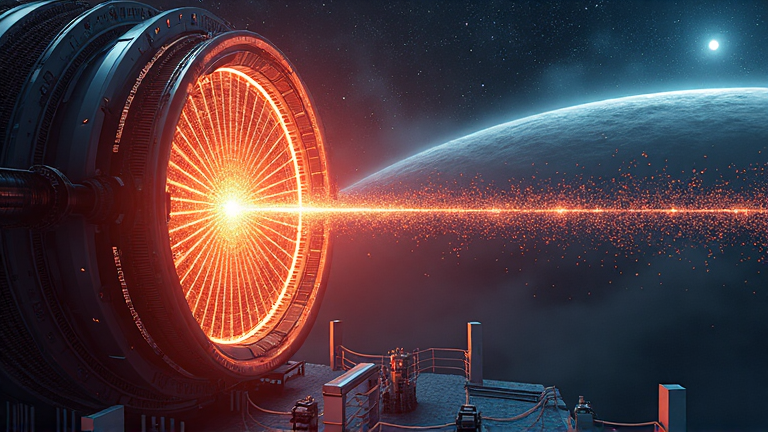
The Role of AI in Transforming Physics
As the realm of fundamental physics ventures into new territories, advanced artificial intelligence is being hailed as a game-changer, particularly by the incoming director general of CERN, Prof. Mark Thomson. Under his leadership, which begins on January 1, 2026, there lies a promising future where machine learning will revolutionize particle physics, akin to how AI has transformed protein structure predictions.
A Parallel with Protein Folding
Thomson draws parallels between the complex data involved in particle physics and the challenges of protein folding that AI so effectively tackles. "These are not incremental improvements," he emphasized. "These are very, very, very big improvements people are making by adopting really advanced techniques."
Future Prospects and Challenges
Central to these advancements is the Future Circular Collider (FCC), which aims to surpass the Large Hadron Collider (LHC) in scope and capability with its 90km circumference. Despite financial and political skepticism, particularly from Germany, AI's impact on subatomic physics could lead to groundbreaking discoveries post-2030, once the LHC's beam intensity is significantly upgraded.
The Hunt for Higgs and Beyond
This upcoming intensity boost will provide unprecedented insights into the Higgs boson, often dubbed the "God particle," due to its role in granting mass and binding the universe. Thomson underscores the importance of measuring the Higgs boson's self-coupling to unravel the mysteries surrounding mass acquisition post-Big Bang and explore potential future transitions.
"If we saw the Higgs self-coupling being different from our current theory, that would be another massive discovery," Thomson noted. "It's a very deep fundamental property of the universe, one we don't fully understand."
AI in Action: From Collisions to Innovations
AI isn't only being applied theoretically; it's making waves in real-time operations at the LHC. Dr. Katharine Leney highlights AI’s pivotal role in managing the LHC's demanding data processing. With roughly 40 million proton collisions occurring every second, AI has significantly enhanced decision-making by picking out valuable data within microseconds. "We've advanced by 20 years at least," Leney declared, crediting AI for this leap forward.
Generative AI and Dark Matter Exploration
Generative AI's capabilities extend even further, facilitating the search for and production of dark matter through the LHC. Thomson states this opens the door to more complex scientific inquiries. "Rather than searching for a specific occurrence," he suggests, "you ask the question: 'Is there something unexpected in this data?'"
In conclusion, as AI continues to integrate deeply into the fabric of physics research, its transformative power offers not just incremental advancements but potentially revolutionary changes in understanding the universe.
Note: This publication was rewritten using AI. The content was based on the original source linked above.